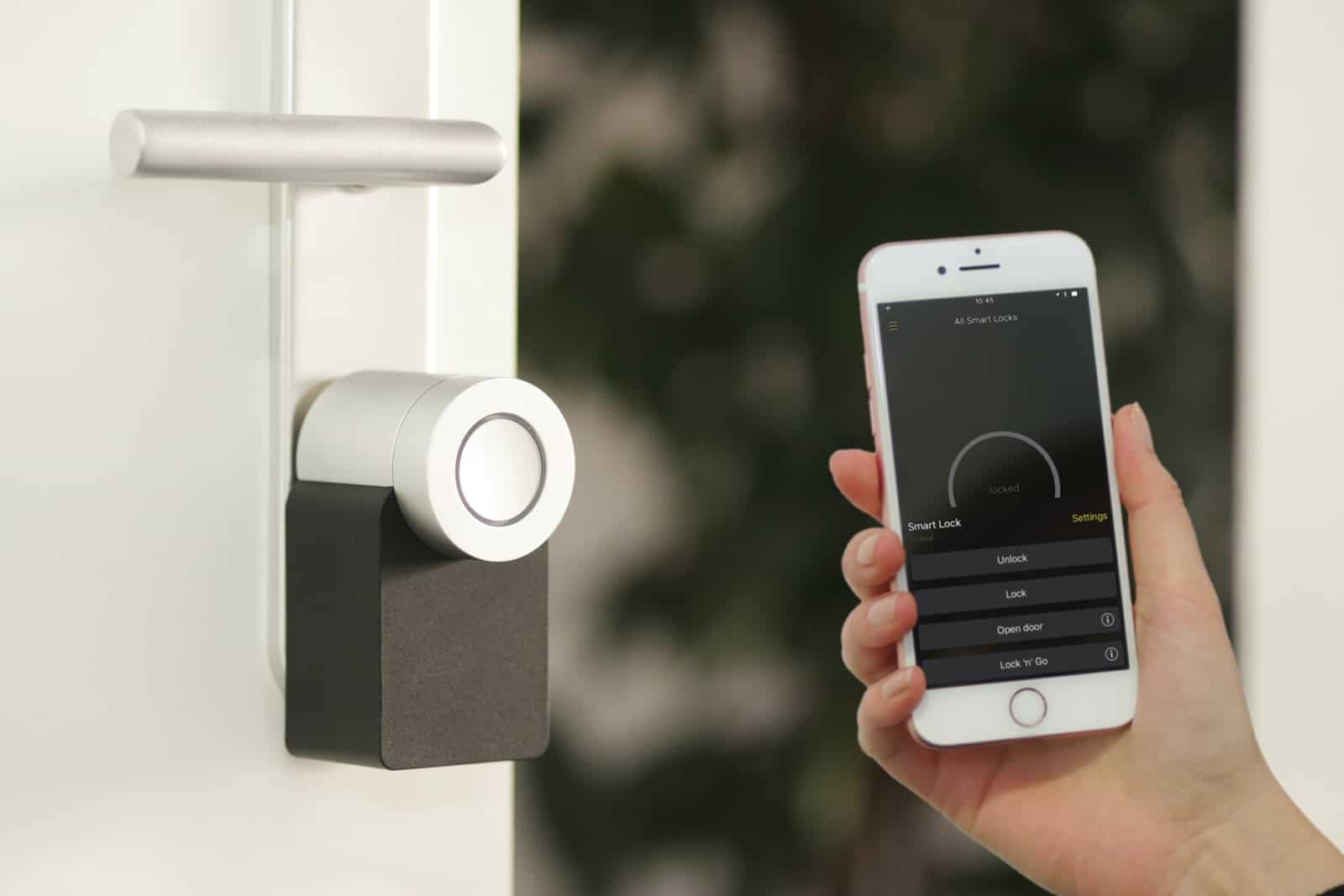Table of Contents
- Introduction to Disadvantages of Wireless Home Security
- Theft
- False alarms
- Monitoring fees
- Equipment and installation costs
- Limited range
- Signal interference from other electronics
- Conclusion
- Frequently Asked Questions
Introduction to Disadvantages of Wireless Home Security
Wireless home security systems have become increasingly popular in recent years as a convenient and easy-to-install alternative to traditional wired systems.
However, as with any technology, there are certain disadvantages to wireless home security that homeowners should be aware of before making a decision.
In this article, we will discuss the most common disadvantages of wireless home security systems, including the risk of theft, the possibility of false alarms, ongoing monitoring fees, the cost of equipment and installation, limited range, and signal interference from other electronics.
Theft
Theft is a major concern for any home security system, but it can be even more of a risk with wireless systems. Because wireless systems do not require any physical connection to the home, they can be more easily disabled or tampered with by intruders.
Additionally, the signals emitted by wireless systems can be intercepted by hackers, who can then gain access to the system and disable it. This type of security breach can be difficult to detect and may not be discovered until it is too late.
False alarms
A major disadvantage of wireless home security systems is the high incidence of false alarms. Because these systems are based on sensors that detect movement, they are often triggered by harmless events, such as a pet moving around or a curtain blowing in the breeze.

False alarms can be extremely annoying, and they can also lead to a sense of complacency, causing people to ignore real threats. In some cases, false alarms may even result in a fine from the local authorities.
For these reasons, it is important to carefully consider the potential drawbacks of wireless home security systems before making a purchase.
Monitoring fees
One of the potential disadvantages of wireless home security systems is that they may come with monitoring fees. While some companies offer free basic monitoring, others require a monthly or annual fee for this service.
In addition, there may be additional fees for features such as 24/7 monitoring or live streaming. As a result, it is important to carefully compare the costs of different security systems before making a purchase decision.
For some people, the added peace of mind that comes with professional monitoring may be worth the additional cost. However, others may prefer to forego this service in order to save money.
Ultimately, the decision of whether or not to pay for monitoring services should be based on each individual’s needs and budget.
Equipment and installation costs
Equipment and installation costs can also be a significant disadvantage of wireless home security systems. While wireless systems may seem like a more affordable option upfront, the cost of the equipment and installation can quickly add up.
For this reason, wireless equipment is often more expensive than wired equipment, making it a significant investment.
Finally, because wireless systems rely on batteries, they can be vulnerable to power outages. If the power goes out, your system may not be able to communicate with the monitoring center.
Limited range
One of the most significant disadvantages of wireless home security is limited range. Because they rely on radio waves to communicate, wireless security systems can only work within a certain distance from the base station.
This means that if you live in a large home or one with thick walls, you may find that your wireless system does not reach all areas of your home. In contrast, a wired system will work regardless of the size or layout of your home.
As a result, if you are considering a wireless home security system, it is important to make sure that it will be able to cover the entire area that you want to protect.
Signal interference from other electronics
Signal interference from other electronic devices in your home can be a major problem with wireless home security systems. This type of interference can cause false alarms or prevent the system from functioning properly.
Wireless signals can also be blocked by walls or other physical obstructions, making it difficult to ensure reliable coverage throughout the home. While signal interference is a relatively rare problem, it is something to be aware of if you are considering a wireless home security system.
Conclusion
In conclusion, wireless home security systems have many benefits, but they also come with certain disadvantages that homeowners should be aware of before making a decision. Theft, false alarms, ongoing monitoring fees, high equipment, and installation costs, limited range, and signal interference from other electronics are some of the disadvantages that homeowners should consider when evaluating wireless home security systems.
However, with proper research and understanding of these disadvantages, homeowners can make an informed decision about whether or not a wireless home security system is right for their needs. Additionally, it’s important to ensure that the wireless security system is from a reputable brand and that it meets industry standards to minimize these disadvantages.
In the end, it’s important to choose the security system that best suits your needs and budget.
Frequently Asked Questions
The disadvantages of wireless home security include the risk of theft, the possibility of false alarms, ongoing monitoring fees, equipment and installation costs, limited range, and signal interference from other electronics.
Wired home security systems are generally more reliable and harder to disable, as they require a physical connection to the home. They also have a lower risk of false alarms and signal interference from other electronics.
Wireless home security cameras can be hacked by criminals who want to spy on you or by cybercriminals who want to access the information stored in your home. If a hacker is able to gain access to your wireless network, they can use software programs and specialized tools like brute force attacks or keyloggers to gain access to your security system.
Once inside, hackers can manipulate settings, disarm systems, and even watch live feeds of what’s happening inside your house.
To protect your home from these threats, it’s important to secure your wireless network, change the default usernames and passwords of your security system, update software regularly, and be aware of potential signs of intrusion such as strange noises or lights coming from the cameras.
You can make your wireless home security system more secure by regularly updating the firmware, using strong passwords, keeping the system out of sight, and using encryption for wireless communication.
Additionally, consider placing security cameras in strategic locations and using motion detectors.
The most popular wireless home security systems are those that are connected to your home Wi-Fi network. These devices allow you to monitor and control your home security system from anywhere with an internet connection.
Most of these systems come with a range of features, such as motion detectors, door sensors, window sensors, cameras, and more.
Some of the most popular wired home security systems are those that come with an alarm and sensors. These systems are typically connected directly to a central monitoring station, which can alert a homeowner and the police in case of an emergency.
Wireless home security has the advantage of being easy to install, flexible in terms of positioning, and can be controlled remotely.
However, wireless systems can be vulnerable to signal interference and hacking, and if the power goes out it may not function.
Wired home security systems are more reliable, as they are not vulnerable to signal interference and hacking, and they will work during a power outage if connected to a backup power source.
However, wired systems can be more difficult to install, and are not as flexible in terms of positioning.







